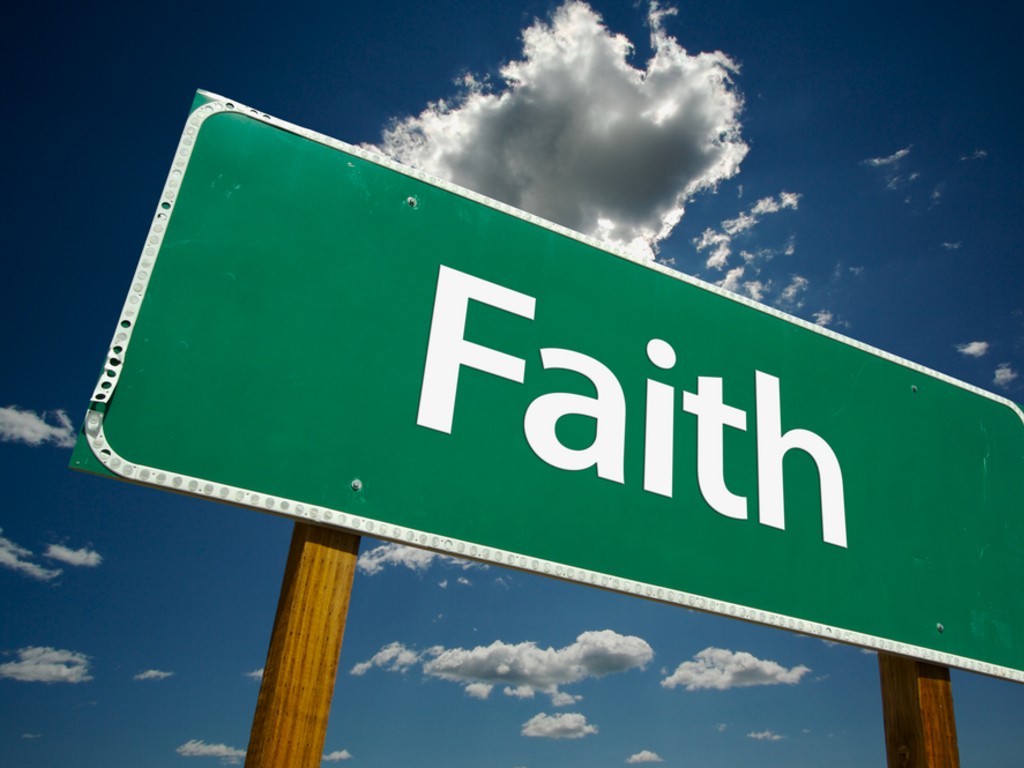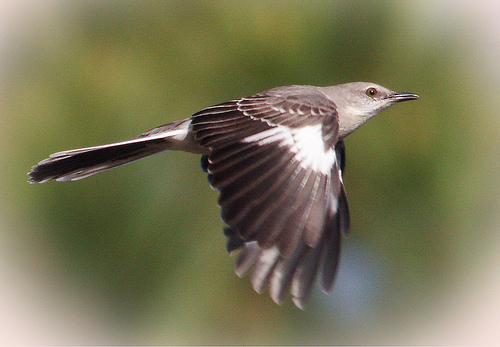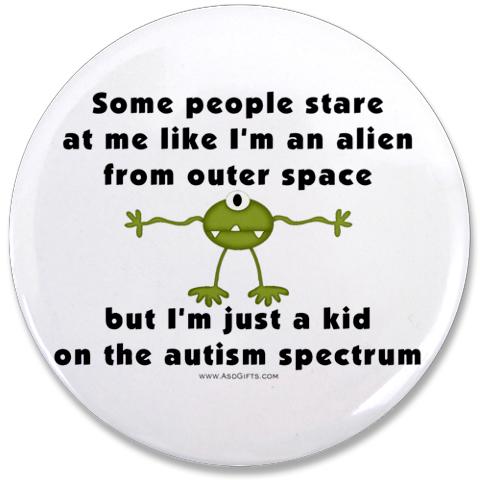 A few weeks ago, a dear atheist friend of mine asked me why I believe in God. Not in that “Religion is so stupid and therefore so are you” kind of way. But honest curiosity. She finds me to be a rational, non-superstitious, and free-thinker type and simply wondered what my personal reasons are for a belief in God. I gave her a few of my reasons, but I have been thinking about it a lot lately. And I’ve been asking myself what is my proof.
A few weeks ago, a dear atheist friend of mine asked me why I believe in God. Not in that “Religion is so stupid and therefore so are you” kind of way. But honest curiosity. She finds me to be a rational, non-superstitious, and free-thinker type and simply wondered what my personal reasons are for a belief in God. I gave her a few of my reasons, but I have been thinking about it a lot lately. And I’ve been asking myself what is my proof.
I wish I could say that I have always been a religious 100 percenter. You know, one of those people who is fortunate to have never doubted. I have always said I believed, but knew I had paralyzing suspicions that our time on Earth is what it is – just time on Earth. Just here, then not. I was reasonably certain of my faith. But “reasonably certain” is enough to make you feel like a hypocrite standing in church. “Reasonably certain” is enough to make you forget to pray. “Reasonably certain” is enough to keep you staring in the darkness at 3 a.m., trapped in the witching hours fear and worry.
I remember the day my autistic son first flapped. (Arm flapping is a common behavioral indicator of autism.) And it wasn’t the excited flapping that just about every toddler does when excited. You see, I knew the difference. Unless you have seen autistic flapping before, you won’t know. But once you have, you just recognize it. It even has a sound. It reminds me a little of the sound of a bird I once spent a cool fall morning with in the mountains. It was so quiet sitting on the deck of the rental cabin that I could actually hear its wings flapping. One of those moments forever etched in your mind. So was this. The house was quiet, and I watched his little arms flap away. And I knew. I mean knew. For I’d seen it before.
I woke up at 2 a.m. and couldn’t go back to sleep. That witching hour of the mind and heart, when all your mental defenses are down, and suddenly – by yourself with no one to sugarcoat it – you gain clarity. The kind of clarity that you can’t think about anything else. The kind that shakes you to your soul and reveals to you your true self. And I crossed my arms tightly, and began to rock and repeat, “Please, no. Please not my baby. Not autism. Please anything but this for my baby. Please not my child.”
I am not a crier. I rarely well up at funerals. I cried after the death of my grandmother. And I cried all during the last five days of my stepmother’s life. But it takes a lot. And, lying there awake in the middle of the night beside my sleeping husband, I began to bawl. There were no distractors from my fears, and it all came out. And I can tell you that in the darkest moment of my life, of any human being’s life – fear for your child – that without realizing it, I dropped any traces of doubt as I begged. I mean really, really begged.
I had begged God for the attention of some teenage boy in my girlhood. I had begged God for a job offer. But you haven’t begged until you have begged for the life of your child. No, I wasn’t begging for his literal life. But most of the autistic children I had seen were never going to achieve self-sufficiency. At that time, I didn’t see this as any kind of life at all. I see it differently now, but not in that dark hour of grief.
I begged God. And then I stopped and took a deep breath and went to the sink and washed my face. (My eyes were so swollen the next day that I had to tell the people looking at me strangely that I had a sinus infection.) That was the night that I acknowledged the death of a carefree childhood and accepted the tough years that were coming to us. Of course I had heard of people who functioned beautifully in a great environment and who went on to college and family life. But I also knew the statistics. 50% don’t speak. Some cannot communicate their own basic needs. 80% will remain in their parents’ homes in adulthood. Pardon me for saying so. But those odds suck.
I realize that was the moment I was no longer agnostic. I believed –because of science. Because nature is science. Instincts are a part of nature. And those instincts serve a purpose. Instincts kick in during moments of fear. And my instincts reached out — toward God. I have strong respect for our animal instincts. Since human beings are animals, we, too, have instincts that, like animals, can save us in times of trouble and danger. We, too, follow Mother Nature. So why would nature push me toward a God that wasn’t there? In an odd way, it is because of science that I believe in God. A roundabout way to get there if there ever was one.
My faith is not the kind of faith that makes me quote scripture at people I judge to be unworthy of salvation. For I am not convinced that any man’s version of God is flawless. I just know that I believe in Him and that belief gives me comfort and peace. I don’t think my atheist friends are evil, and I hope they don’t think I’m stupid. And I don’t believe that they and others like them are all conspiring to divest me of my own beliefs. Instead, I’m fortunate to have some very cool friends on both ends of the religious faith spectrum, so I’m blessed indeed.
So, my very dear atheist friend – you asked me why. And there it is. I believe that the need for a higher love and the search for immortality is instinctive – a God Instinct, if you will. And since instincts are natural, then I believe God to be natural as well. I also happen to think He gets a bad rap from some of his followers, so I won’t ever blame you for not wanting to join them. You think there is no Heaven. And I think you are such a wonderful person that one day we’ll together discuss your astonishment at being in Heaven after all. Yet, I don’t think either one of these beliefs must negate our friendship.
I have said many times that autism is a thief. Yet it is a thief that sometimes leaves behind unusual and surprising gifts.
For me, faith is one of them.
P.S. Please. No fire and brimstone comments here today. You may mean well, but this isn’t the place. It’s an autism blog. And all of my readers are welcome and loved here. 🙂
So, what unusual or surprising gifts has autism give to you?
 So you’re wondering if your child might be autistic. I know. I’ve been where you are sitting right now. Searching the internet for signs of autism spectrum disorders. Going back up to the search bar to enter a different set of keywords, hoping to find some other site that will assure you that these strange behaviors your child has been evidencing are perfectly normal. Telling yourself he is just a little behind. Sharing your worries with a friend or family member, calming down for a day or two after being reassured by them that, no, it isn’t autism. And now you are wondering if you are just being paranoid. You’re worried that you might be borrowing trouble that you don’t need and possibly stigmatizing your child with a label that will follow him around for life. Yep, I’ve been there – and quite recently.
So you’re wondering if your child might be autistic. I know. I’ve been where you are sitting right now. Searching the internet for signs of autism spectrum disorders. Going back up to the search bar to enter a different set of keywords, hoping to find some other site that will assure you that these strange behaviors your child has been evidencing are perfectly normal. Telling yourself he is just a little behind. Sharing your worries with a friend or family member, calming down for a day or two after being reassured by them that, no, it isn’t autism. And now you are wondering if you are just being paranoid. You’re worried that you might be borrowing trouble that you don’t need and possibly stigmatizing your child with a label that will follow him around for life. Yep, I’ve been there – and quite recently.







